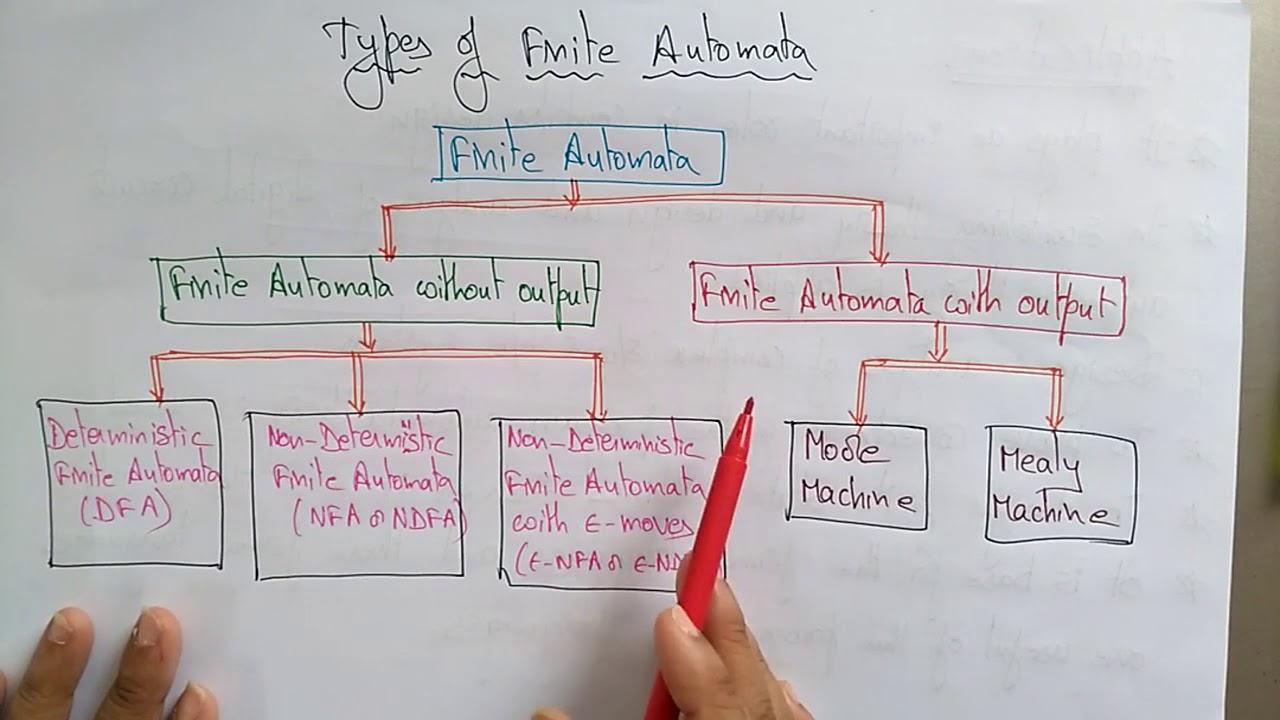The Significance of Finite Automata in Web Development

Finite automata play a crucial role in web development, influencing computer behavior, programming language structures, and program reasoning rules. The systematic exploration of these regular patterns has significantly shaped computing theory, offering theorems, techniques, and a paradigm that deeply impacts modern computing. This evolution, traced from Kleene's 1951 theorem on regular events to recent (circa 1976) advancements in computational complexity and algorithmic logic, highlights the enduring and profound effects of finite automata in the field.
-
Regular Expressions and Lexical Analysis:
- Regular expressions, a powerful tool for pattern matching, are closely associated with finite automata. DFAs and NFAs are often used to implement regular expression engines, facilitating tasks such as input validation and lexical analysis in web development. This is particularly useful in form validation, where patterns for valid input can be defined using regular expressions and implemented using finite automata.
-
URL Routing:
- In web development, routing is the process of determining how an application responds to a client request. Finite automata can be employed to model URL routing systems, where the states represent different routes and transitions represent the navigation paths. This ensures efficient and organized handling of various URLs within a web application.
-
String Matching Algorithms:
- String matching is a fundamental operation in web development, especially when dealing with data retrieval and manipulation. Finite automata algorithms, such as the Knuth-Morris-Pratt algorithm, provide efficient ways to search for patterns within strings. These algorithms are utilized in tasks like searching for keywords in a document or parsing user input.
-
State Machines for Workflow Management:
- Web applications often involve complex workflows with multiple states and transitions. Finite state machines (FSM), a type of finite automaton, are employed to model and manage these workflows. FSMs help in maintaining the state of the application and defining how it transitions between different states based on user interactions or system events.
-
Lexical Analysis in Parsing:
- Finite automata are extensively used in the lexical analysis phase of compiler construction, which is essential in parsing and interpreting programming languages. Web development frameworks and tools that involve template languages or custom scripting languages can benefit from lexical analysis powered by finite automata.



Προωθημένο
Αναζήτηση
Προωθημένο
Προωθημένο
Κατηγορίες
- Web Development
- Art
- Causes
- Crafts
- Dance
- Drinks
- Film
- Fitness
- Food
- Παιχνίδια
- Gardening
- Health
- Κεντρική Σελίδα
- Literature
- Music
- Networking
- άλλο
- Party
- Religion
- Shopping
- Sports
- Theater
- Wellness
Διαβάζω περισσότερα
Revolutionizing Web Development: WordPress and AI Integration
In the ever-evolving landscape of web development, WordPress has long been a preferred choice for...
Loader Market Size, Share, Segments, Technologies, Applications, Verticals, Strategies and Regional Forecast to 2032
Introduction
Loaders, versatile heavy machinery designed to perform a wide range of material...
Europe Activated Carbon Market 2023 Overall Industry Size, Growth, Trends, Competitor Analysis & Forecast up to 2032
Introduction
The Europe activated carbon market by application has emerged as a...
Benefits and Losses of Catch Plugins in WordPress
In the vast world of WordPress, the use of plugins is akin to a treasure chest filled with tools...
WordPress: The Most Misunderstood Technology on the Web
👉 If you’ve only seen WordPress as a blogging tool, maybe it’s time to take a second...
© 2025 Abhira Social Media
 Greek
Greek




